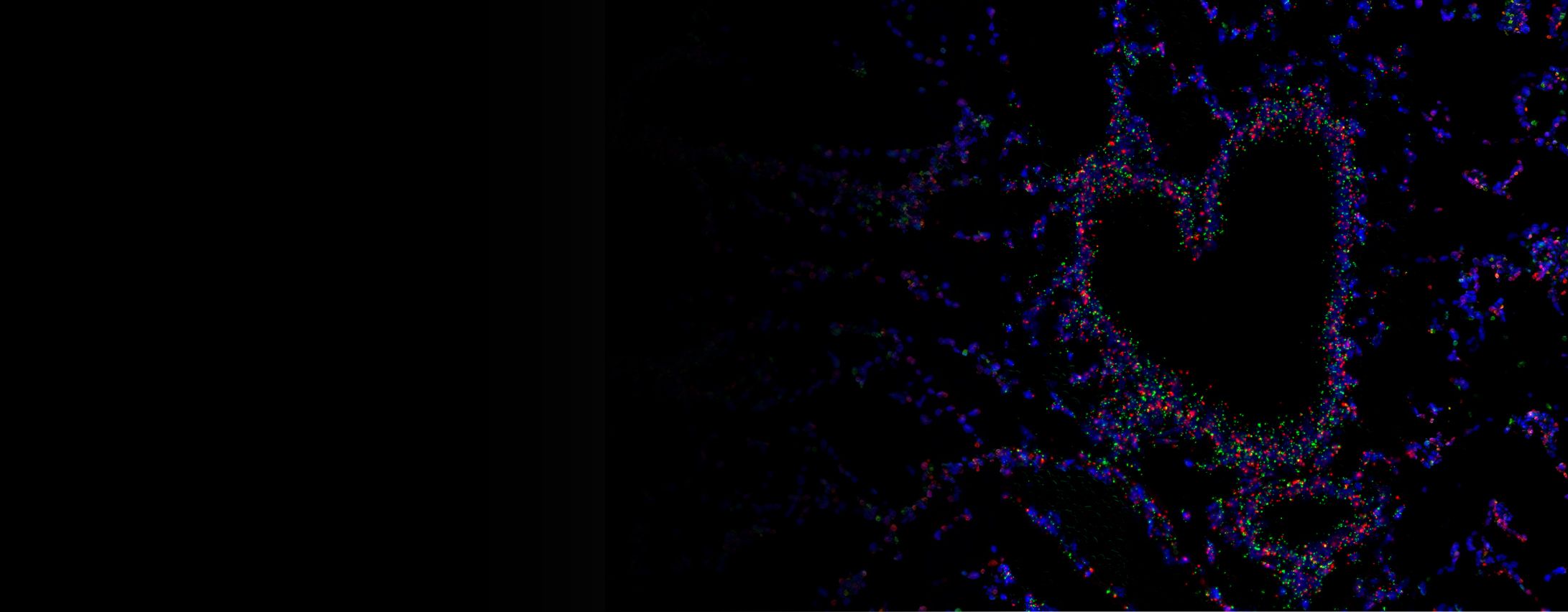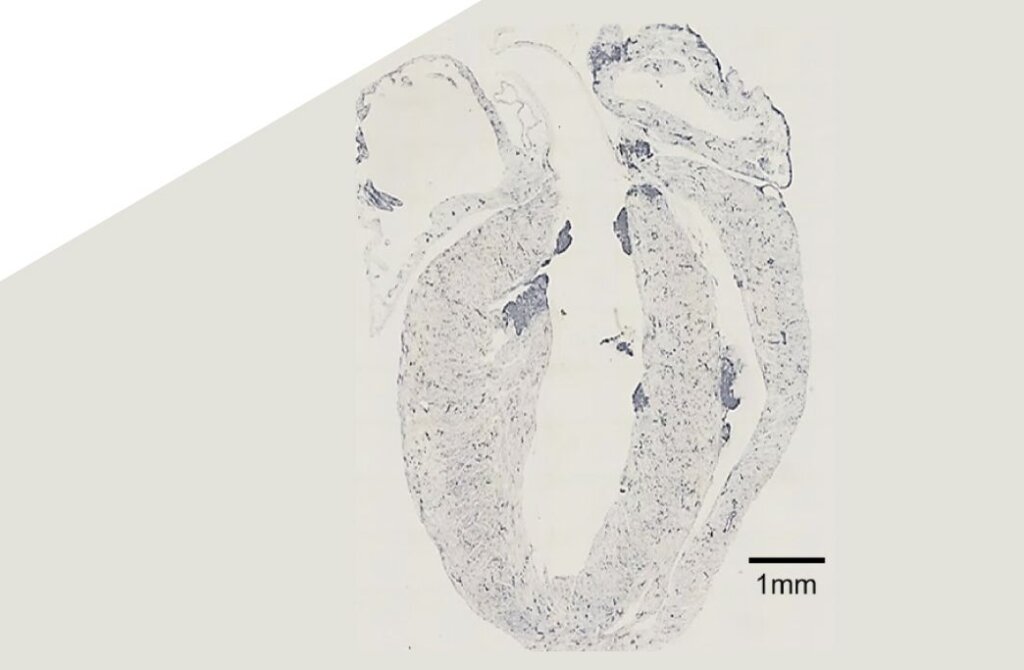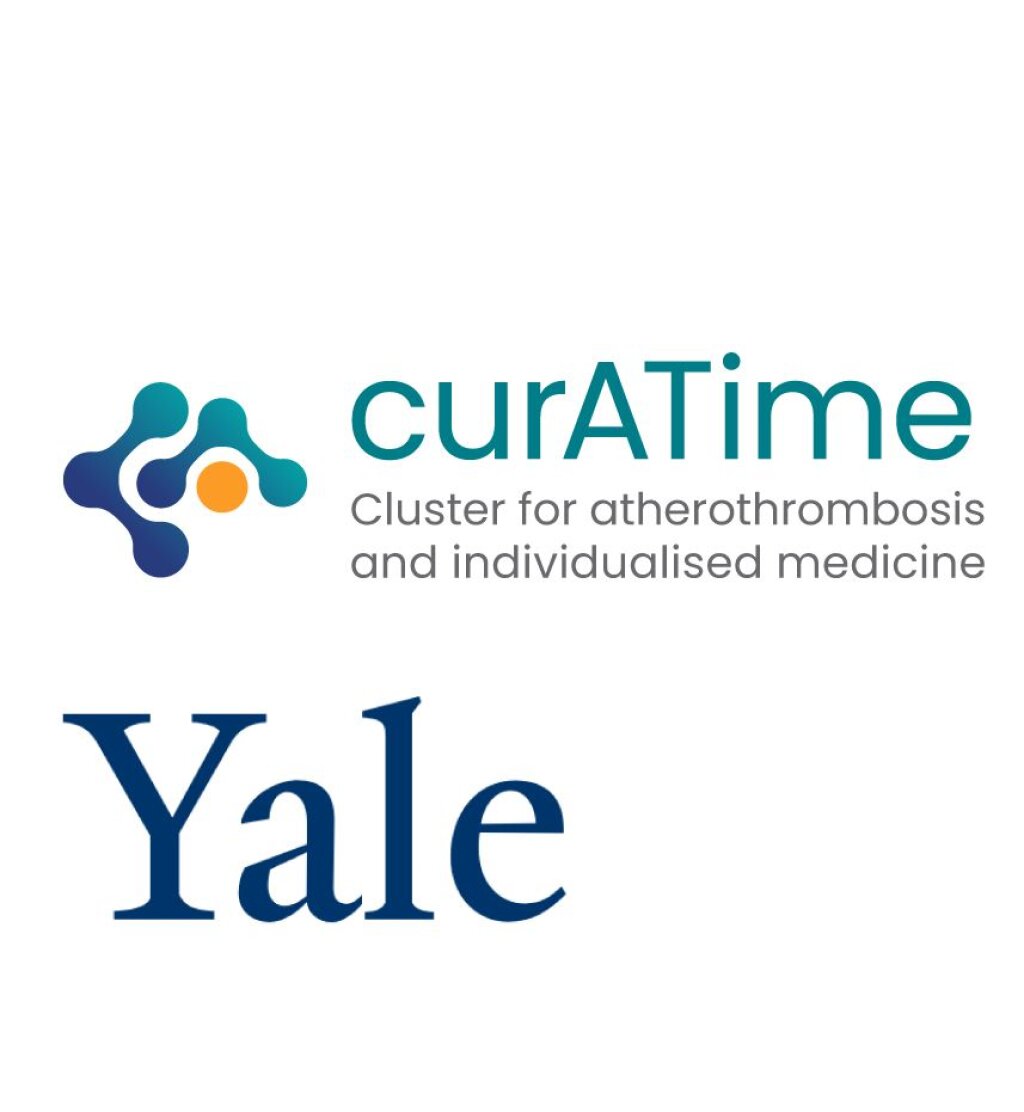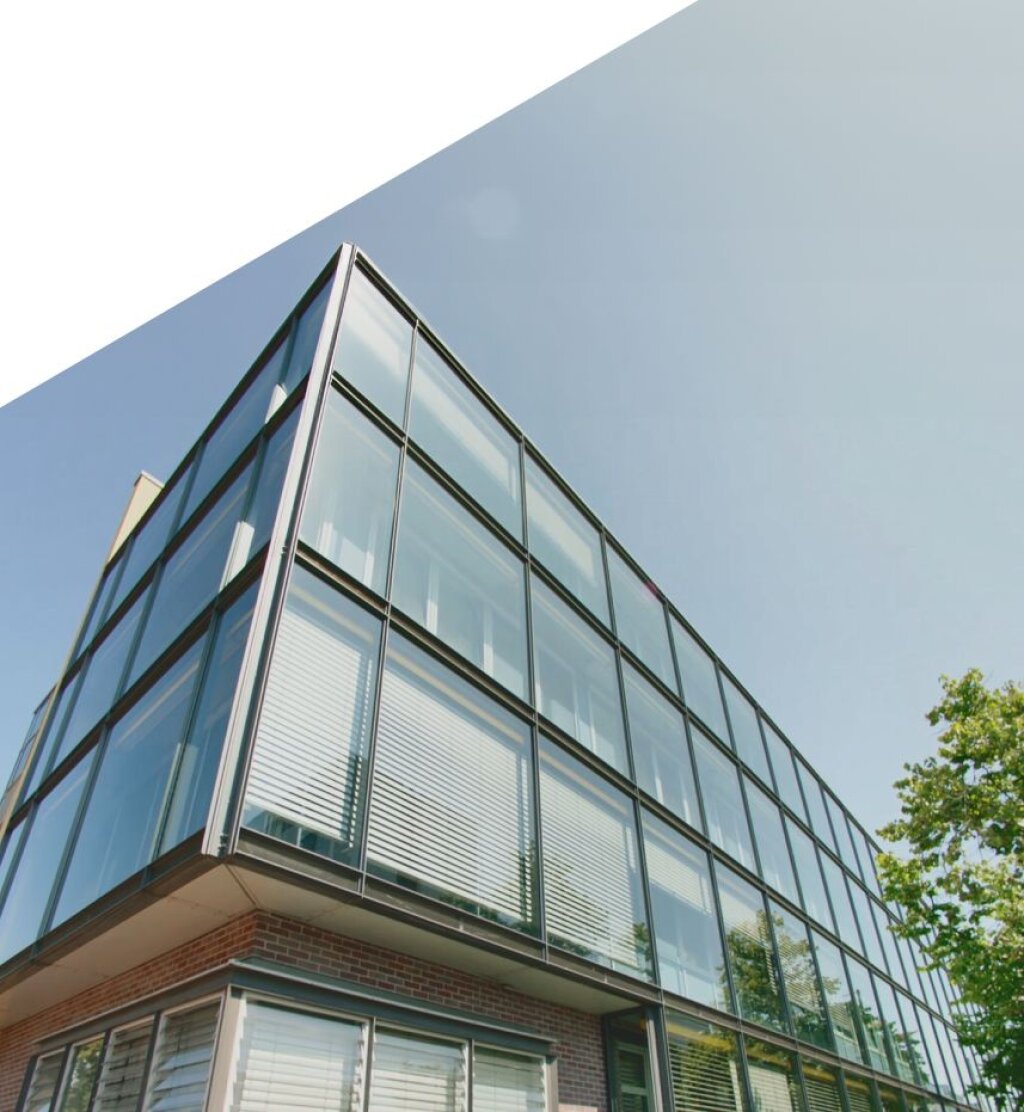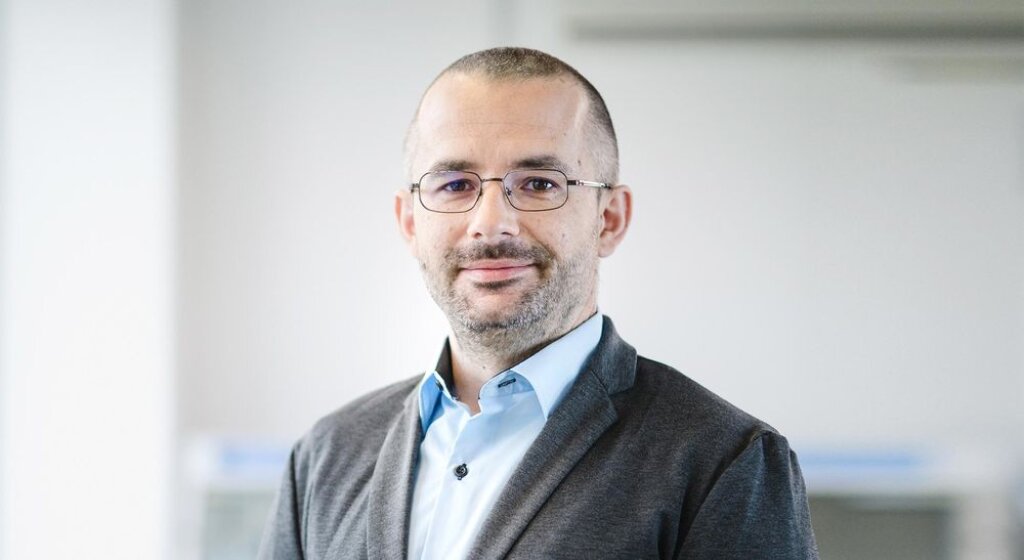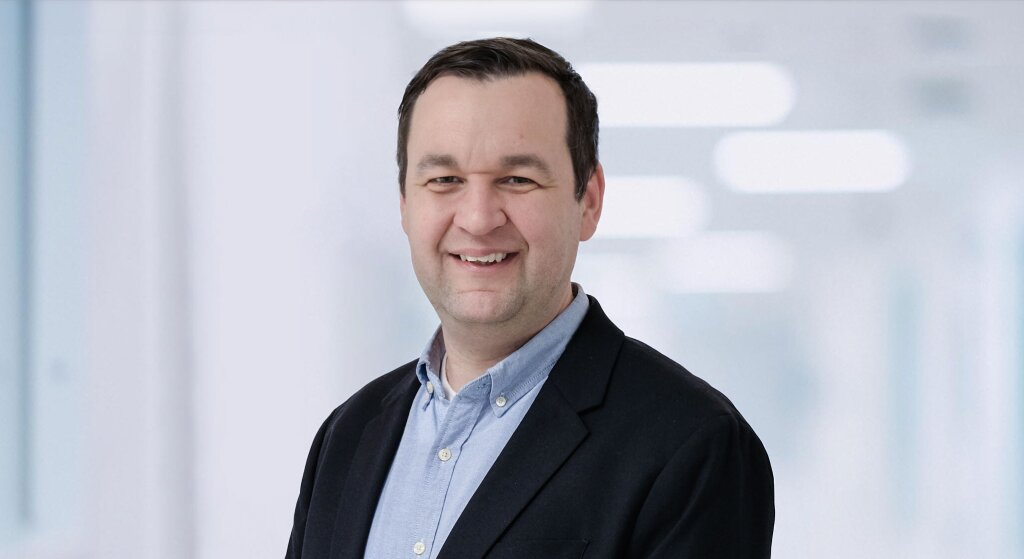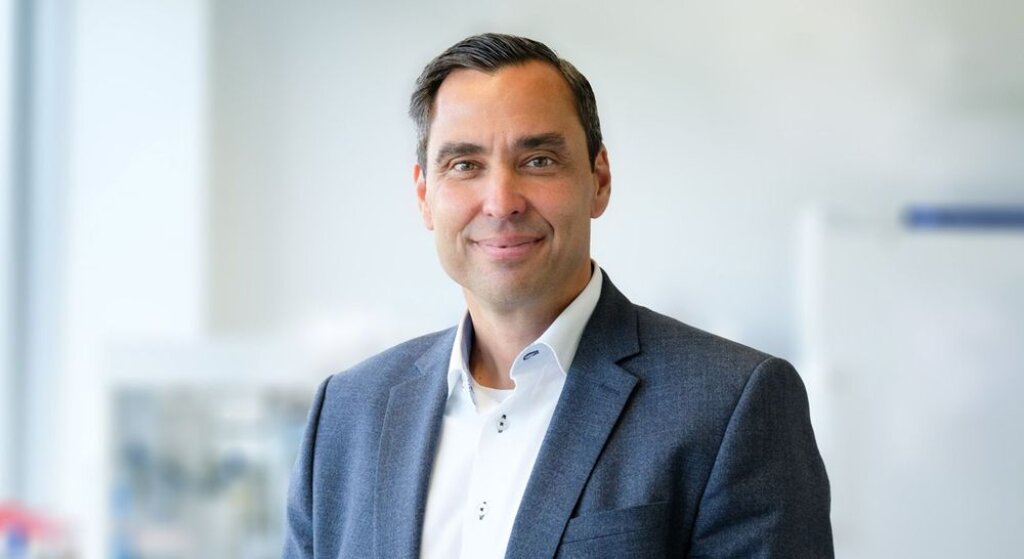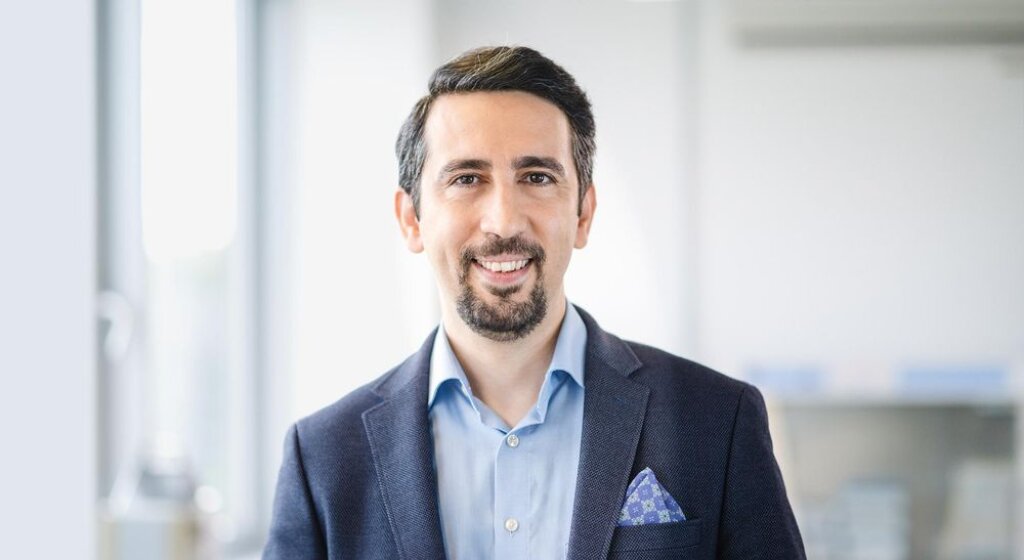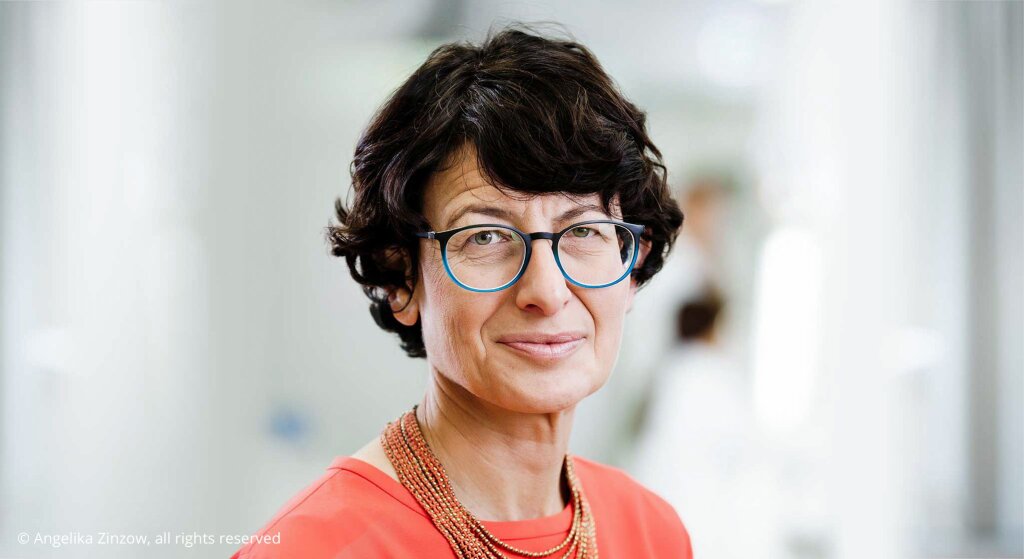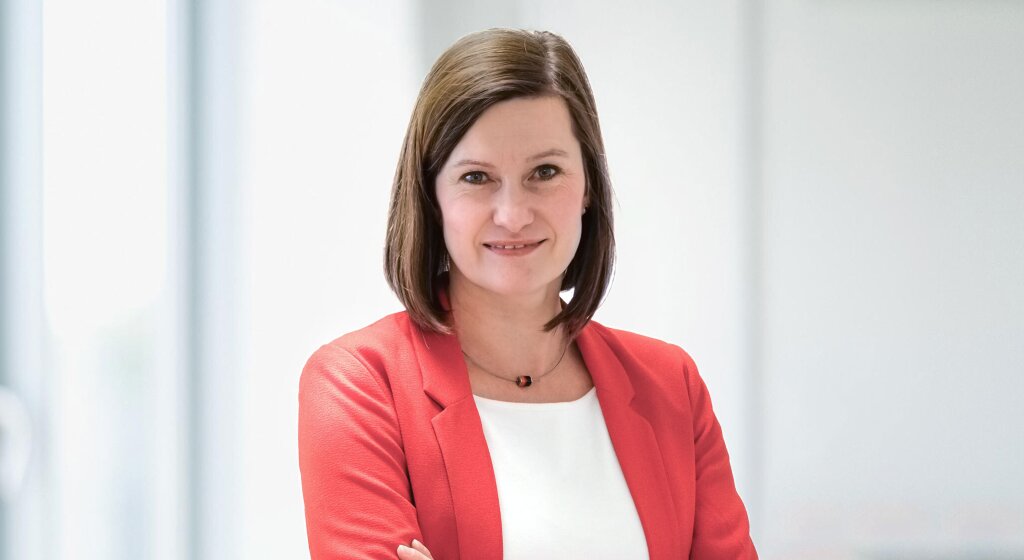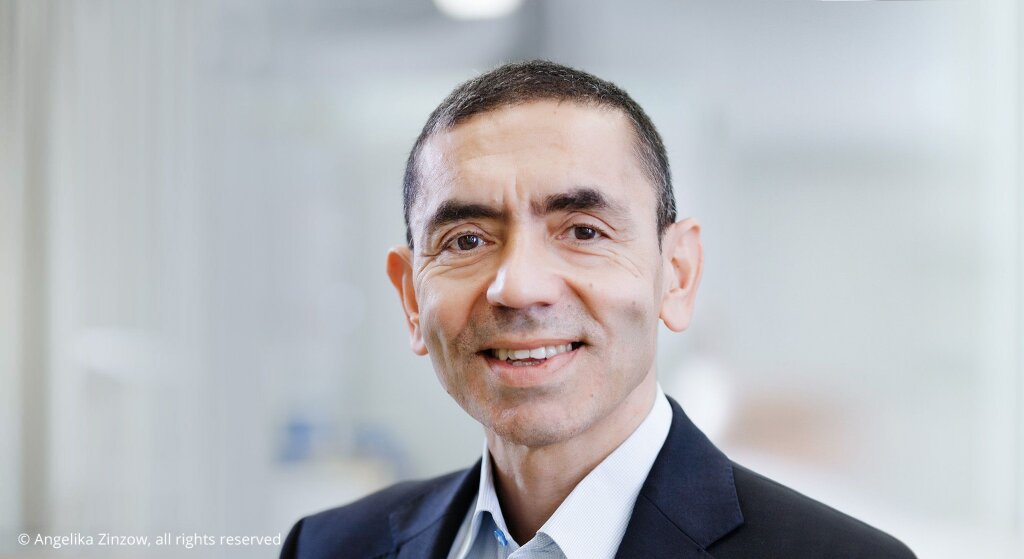Scientific focus
Many organs harbor resident stem cells that enable tissue-specific regeneration throughout adulthood. Our research, along with others, has shown that cellular fate decisions are not irreversible but can be reverted and reprogrammed to an extent that differentiated cells acquire stem cell like features.
The Cardiovascular Therapeutics team, headed by Dr. Johnny Kim and Dr. Boris Strilic employs systems biology approaches, advanced in-vitro models, and tissue-specific knockout mice to investigate the molecular mechanisms of cell fate decisions and their reversion. By deciphering these molecular principles, our interdisciplinary team aims to leverage this knowledge to combat the course of diseases such as cardiovascular diseases and cancer, as well as the decline in regenerative potential with aging. A key aspect of our research is thus based on controlled reactivation of early developmental programs to initiate epigenetic rejuvenation and restore or synthesize regenerative potential.
Our overarching goal is to develop novel therapeutic strategies against cardiovascular and age-associated diseases.
